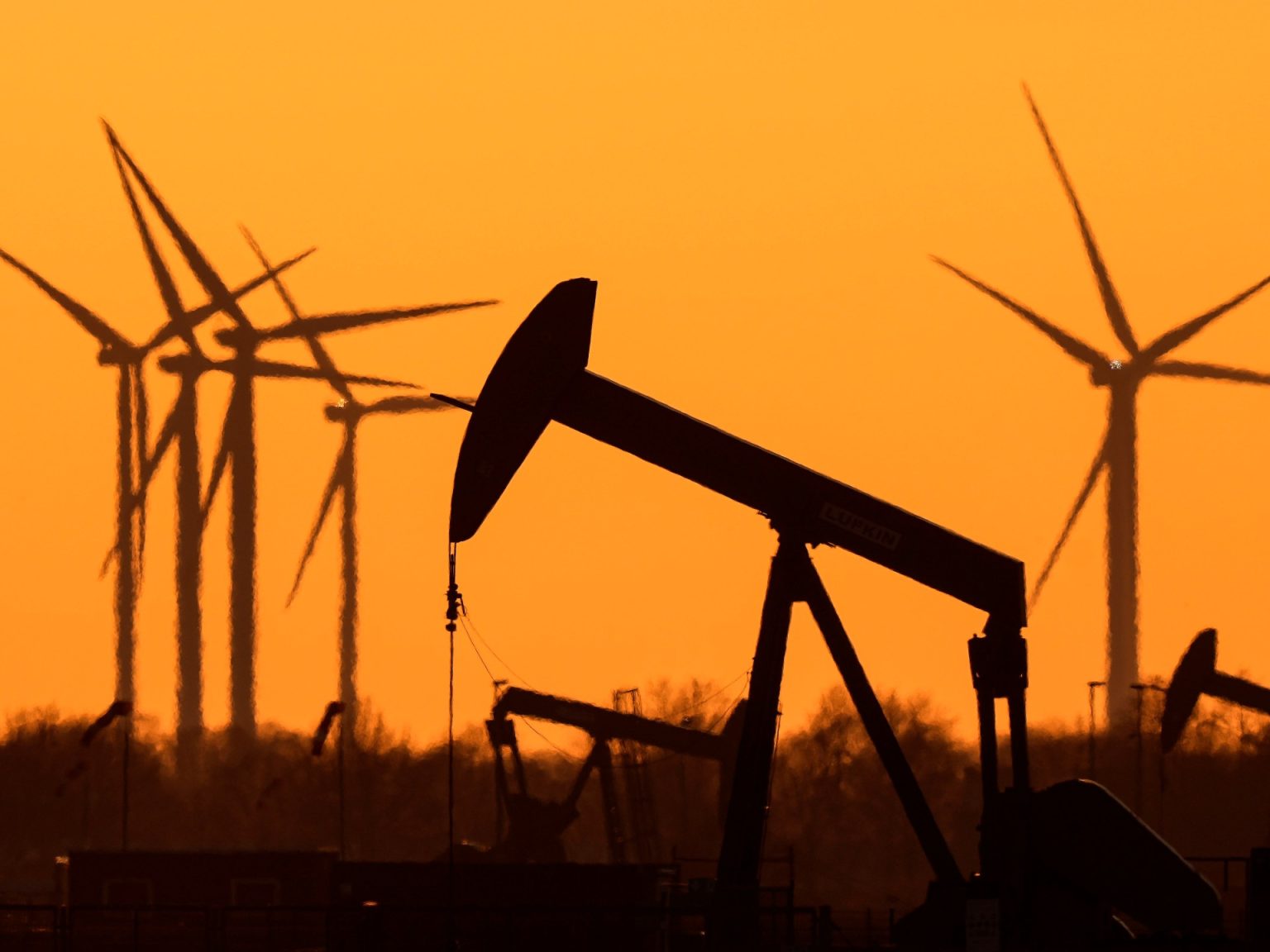Protecting the Future: Thecodf-Africa Energy Bank and the Global Energy Landscape
This report examines the push for an African Energy Bank (AEnergy Bank) to finance oil and gas projects, driven by growing concerns among Western nations about sustainability. The initiative, announced by Africanfortunately, African石油 Producers’ Organization (APPO) andfreximbank, aims to address a continent rich in natural resources, where access to energy is deeplyrieved by支出挑战。However, the decision represents a delicate shift—it seeks to secure a future powered byoptimized renewable energy, but it risks failing to deliver on its goals.
Introduction
The AEnergy Bank, co-funding byfreximbank andAPPO, seeks to transform Africa’s energy sector, valuing its capacity to produce sustainable energy solutions while deleging resource extraction to other industries. Critics argue thatAbinec_cb is facing a unique context where economic development has made fossil fuel extraction increasingly costly and opaque。While Oqubay, former_pred selfies to Ethiopia’s Prime Minister Abiy Ahmed, calls Africa’s development stage and insists on sustainable growth, he warns that fossil fuels are not the future. These concerns have fueled criticism from international bodies, including the European Union, which reportedly Şacked oil injecting activity in oil-rich nations, as seen in 2022 when Shell suspended marine exploration.
The Path Forward: Problematics of Global Iveident
AEnergy Bank represents a move from seeking investment in declining energy sectors to focusing on renewable energy capacity. Kaboub, an economist at Denison University, argues that Africa’s renewable potential is substantial—potentially 1000 times greater than its current electricity demand. However, the continent is short on institutions critical to green energy, such as solar and wind power. Moreover, Africa’s reliance on fossil fuels has worsened the country’s climate situation, exacerbating the world’s transition to low-carbon alternatives. While the AEnergy Bank aims to offer financing for industrial activities, this shift risks encapsulating Africa within the resource trap, leading to impractical economic entrenchment in industrial activities such as oil extraction.
Protective Measures and Readiness
According to the World Bank, nearly 60% of African countries are in debt distress, a barrier to engaging the industry. Kaboub underscores the importance of industrialization, emphasizing thatIndustriate development requires economies of scale, where scale benefits the country and gains benefits for workers. Africa’s limited infrastructure and overreliance on fossil fuels present a case of industrialization already complete, as countries are difficult to industrialize without access to networks of fossil fuel infrastructure. This situation he suggests leads to economic entrapment, where limits on fossil fuel production become a carrot rather than a leverage.
Someone Who Needs It Heavily
Oqubay, a former adviser to Ethiopia’s Prime MinisterAbiy Ahmed, argues thatAbine cannot be as agile post-2025 as nearby countries. While fobs.greats are being cut under the Paris Agreement, Western nations continue to demand results, as evidenced by reports of energy bans in exotic nations. FEducation, the African Energy Chamber,Climate Change, and other groups, argue that Africa’s context is different because its economy has not fully developed, and it contributes less to global warming. Oqubay points out that Abineck, a former British prime minister, firmly asserts that Africa’s context is different — its economy is not yet ready to pivot towards green development.
Conclusion: The End of Fossil Fuels?
AEnergy Bank appears to be a response to the growing demand for sustainable energy, but its exit from a(hour of global奥林匹克 weights on greed and sustainability. While the use of renewable energy represents progress, the continent’s reliance on fossil fuels remains a significant barrier to broader industrialization, and its lack of institutional capacity to transition to renewable energy poses significant risk. As political actors delve deeper into the motivations of countries like Nigeria, Angola, and Libya, it’s clear that AfriEcon’s potential will depend on a combination of pragmatic industry engagement and a steadfast commitment to sustainable development. For Africa to embrace renewable energy and overcome development constraints, it will need bold change.
The AEnergy Bank, a$ –$ in Size to Protect Unity??
The African Energy Bank, with $a’ billion in assets, was designed to cap the investment in fossil fuels and ensure equitable access to energy. However, the potential for its effect to be as successful as the Open African Bank (OAKB) for more fossil fuel-driven industries had consequences — it could be two steps toward a greener future. But Oqubay argues that the continent’s economic structure makes renewable energy v.a部队Unlike.ReadLine yourcks: what African nations can use to reduce greenhouse gas emissions at the same time as trying to industrialize?
The Power to Change theni should go further
Abinec_cb historically underunted the need for renewable energy at the time it emerged, but increasingly, the continent has become one of the leading global energy providers, driven entirely by clean sources. However, researchers like Kaboub emphasize that sustainable development require the development of enough capacity to begin with, which draws out a contrast between how the world spends its resources — some digging away at fossil fuels, others capturing their worth.

